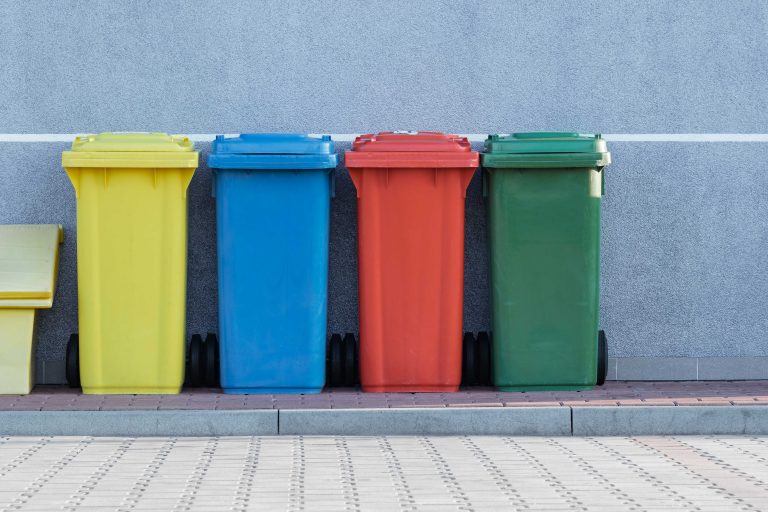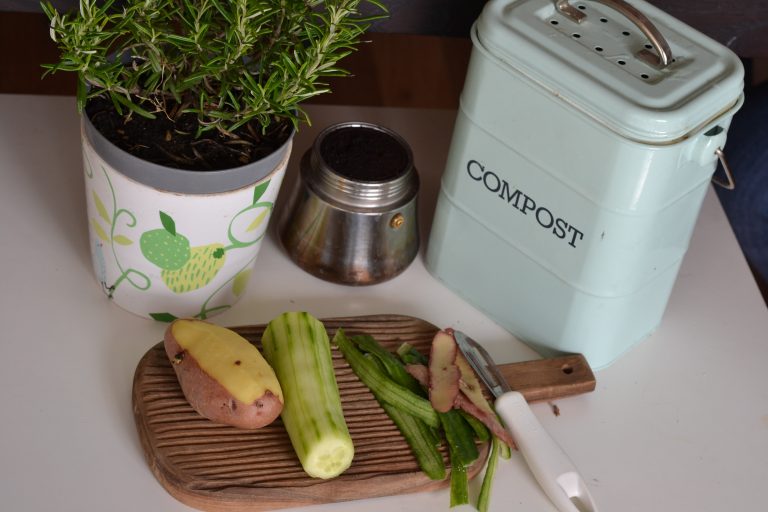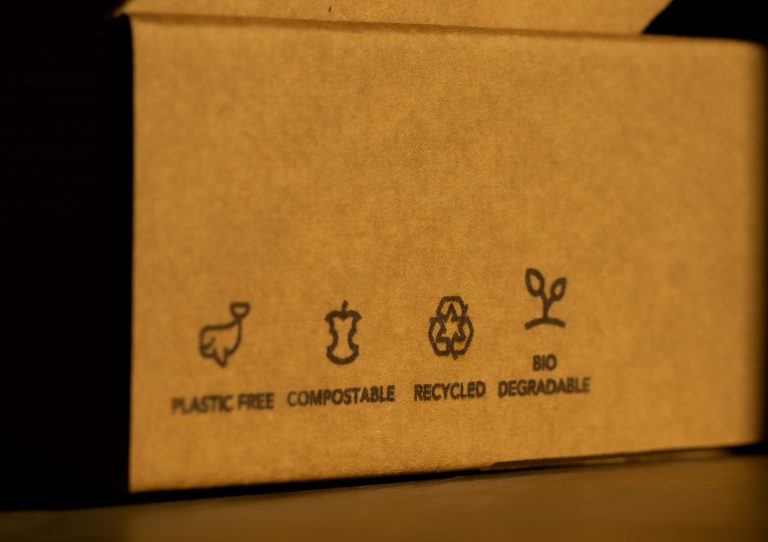GREENWASHING IN AUSTRALIAN BUSINESS
Recently, there has been enormous consumer support behind shifting to greener products, services, and an overall way of life, and companies are scrambling to meet this consumer demand. In the process, businesses might just find themselves ‘greenwashing’ their products and services.

WHAT IS GREENWASHING?
Greenwashing occurs when a company falsely portrays the extent of its product or service’s “green” credentials. Greenwashing encompasses a wide range of activities – it can be something as simple as an advertising spin gone wrong or can go deeper into deliberately misleading consumers and investors for financial gain.
ARE THERE LAWS OR REGULATIONS AROUND GREENWASHING?
Yes. Australian Consumer Law (ACL) stipulates that businesses must not deliver or mislead consumers, and carries serious penalties for businesses that do not meet these requirements. ACL applies to all advertising forms, including on-pack claims and labeling. The ACL is enforced by the ACCC and State & Territory Consumer Protection Agencies.
WHAT ARE THE REPERCUSSIONS OF GREENWASHING?
The punishment can be quite severe. In 2016, the ACCC filed proceedings in the Federal Court against Volkswagen, for making false representations about the emissions standards, which was in breach of the ACL. In 2019, the Federal Court fined Volkswagen 125 million dollars for misleading Australian regulators and consumers about the compliance of vehicles with Australian diesel emissions standards.
HOW COMMON IS GREENWASHING IN THE PACKAGING INDUSTRY?
Greenwashing is quite common in the packaging industry. A key area of concern is packaging or products labeled as ‘compostable’ or ‘biodegradable’.

COMPOSTABLE PACKAGING
Packaging in Australia can only be classified as ‘compostable’ if it has been certified by the ABA (Australian Bioplastics Institute). The certifications are as follows:
Industrial Composting: AS4736-2006
Home Composting: AS5810-2010
For packaging to be certified compostable, it needs to pass certain standards and thresholds that include:
-No toxic effects as a result of composting process on earthworms or plants
-Heavy metals and hazardous substances cannot exceed maximum allowed levels
-Within 180 Days, a minimum of 90% plastic biodegradation in a compost environment
-Within 12 weeks, 90% of plastic material should disintegrate into pieces less than 2mm in size
-Plastic should contain more than 50% volatile solids
In Australia, the infrastructure for the widespread collection of compostable waste has not been set up adequately. Therefore, manufacturers need to realise that though their products may be compostable, if it is highly unlikely to make it to the appropriate industrial composting facility, and will just end up in the landfill.
If the product is labeled as compostable, but there is no appropriate method of disposal, this is at risk of misleading the consumer and would be considered greenwashing, and therefore at risk of scrutiny and pursuit under the ACCC.

BIODEGRADABLE PACKAGING
It is recommended by APCO that the term ‘biodegradable’ is eliminated from use, as it is a generic term that indicates a plastic or material will break down microbially. There is no detail about what happens when the product breaks down, the time it will take, the chemicals it may leech, or what environment this product should end up in.
Most of the time, when products are described as ‘biodegradable’, this means that they simply break down into microplastics, further polluting the environment.
If the product is labeled as biodegradable, this is at risk of misleading the consumer and would be considered greenwashing, and therefore at risk of scrutiny and pursuit by the ACCC.
EXAMPLES OF ACCC ACTION AGAINST PACKAGING MANUFACTURER
In 2011, ‘Goody‘ brand plastic bags were declared by the Federal Court in Adelaide to be engaging in ‘misleading and deceptive conduct regarding their plastic bags. These bags were branded as ‘biodegradable and compostable’. The bags exceeded the maximum permitted levels of Molybdenum, a heavy metal released by the bag breaking down. Additionally, the bags did not biodegrade, disintegrate or compost within the Australian certified time frame.
COMMON MISCONCEPTIONS ABOUT CARDBOARD PACKAGING
There is a common misconception that all paper or board packaging is recyclable. This is not the case. If you manufacture your packaging with CCS and would like to know whether your packaging is recyclable or not, we would be happy to run it through the ARL PREP tool, for your peace of mind.
If your packaging has any embellishments in the form of laminate, foil, etc. This is likely non-recyclable. We are happy to discuss alternative packaging formats with you at any time.
HOW CAN CCS HELP?
CCS Packaging has been at the forefront of sustainable packaging for many years. You can read about our sustainability credentials HERE. We are well versed in recycling and waste standards, and are a member of APCO – so have the most up to date industry information regarding packaging.
If you would like to transition to packaging that is more conducive to a circular economy, contact us today.